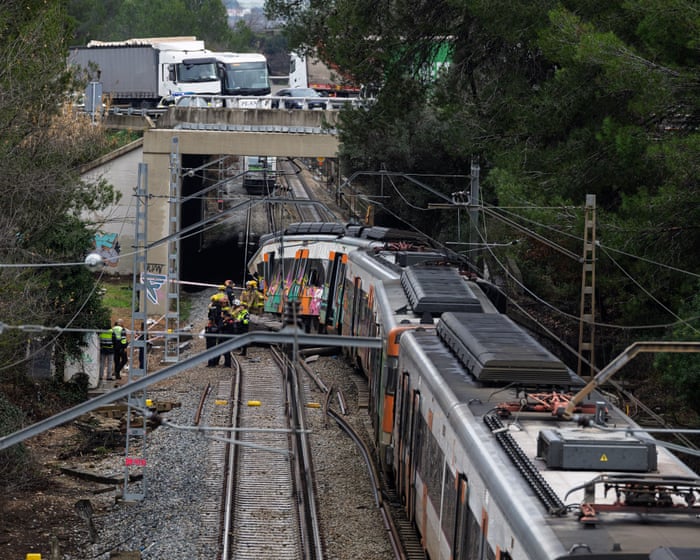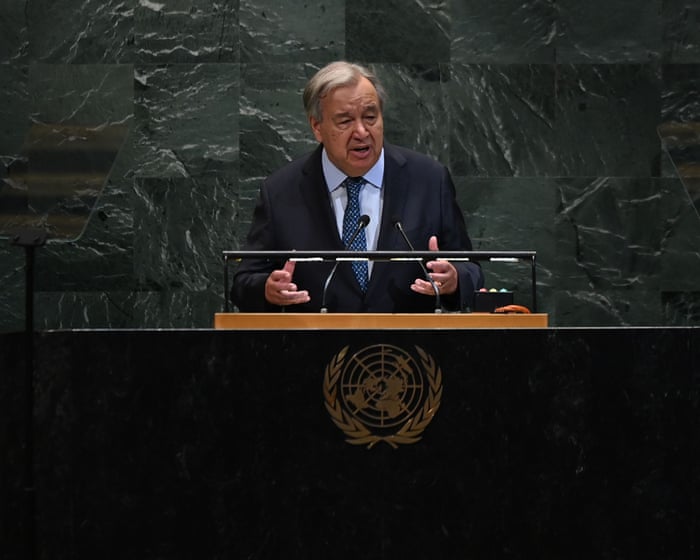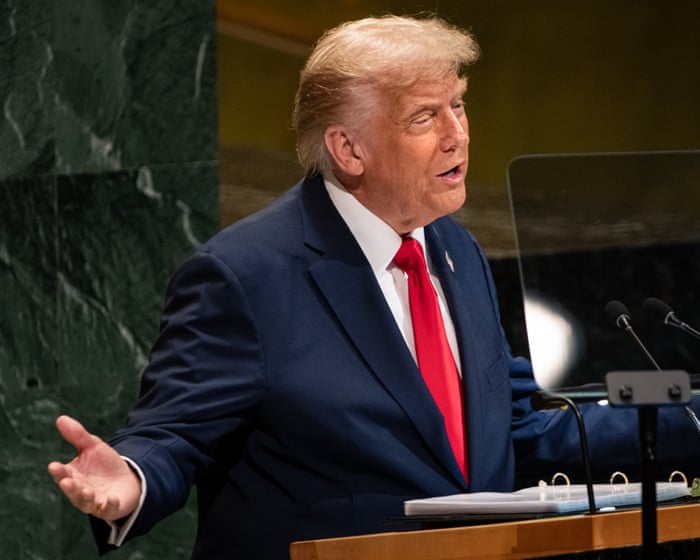Carlos Mazón, the beleaguered president of Valencia in eastern Spain, has resigned amid public outrage and political pressure over his mishandling of the catastrophic floods that claimed 229 lives just over a year ago.
A member of the conservative People’s Party (PP), Mazón had resisted calls to step down despite revelations that he spent more than three hours dining with a journalist while the floods ravaged the region, trapping and drowning people in their homes, garages, and vehicles.
His refusal to quit sparked widespread protests across Valencia, with many demonstrators adopting the slogan: “Mud on our hands, blood on his.” A recent poll showed that 75% of Valencians believed Mazón should resign.
On Monday, Mazón finally conceded and announced he would step down as regional president. “I can’t go on anymore,” he told reporters, following a speech in which he sharply criticized the national government’s crisis response. He did not specify whether he would call a snap election, resign his seat in the regional assembly—which would strip him of parliamentary immunity—or name an interim successor.
Previously, Mazón had argued that “no government in the world has the means to change, halt, or prevent a torrential downpour that breaks historical rainfall records in a specific area at a specific time.”
During a memorial service last week for the flood victims, Valencians held up masks of Mazón in protest.
He also claimed he stayed informed by phone during his lunch with journalist Maribel Vilaplana. However, anger mounted over his administration’s delayed emergency alert, which wasn’t sent to mobile phones until after 8 p.m. on the day of the floods.
At the state memorial service last Wednesday, marking the first anniversary of the disaster, Mazón was met with shouts of “murderer,” “coward,” and “you should be in prison.” Earlier that day, he admitted that “some things should have worked better.”
A congressional inquiry into the events of October 29, 2024, is ongoing, alongside a judicial investigation in Valencia to determine if there is evidence of reckless homicide and injury due to negligence, potentially leading to preventable deaths.
Vilaplana confirmed in a statement that the lunch lasted from 3 p.m. until 6:30 or 6:45 p.m. but stated she was unaware of the severity of the situation. “At some point during the meal, the president began receiving calls that repeatedly interrupted our conversation,” she said. “I remained in the restaurant, completely unaware of these communications. I didn’t ask questions, participate, or even learn about their content, and the president never expressed any concerns to me about them.”
The journalist is scheduled to testify before the judge in Valencia on Monday.
Mazón initially stated he arrived at the crisis headquarters after 7 p.m. that day. The emergency alert was finally issued at 8:11 p.m., by which time most victims had already drowned.You can register at any time. To learn more about how we handle your data, please refer to our Privacy Policy. We use Google reCaptcha for website security, and Google’s Privacy Policy and Terms of Service are applicable.
After the newsletter promotion, Mazón later clarified that he did not arrive at Cecopi until 8:28 PM—nearly 20 minutes after the delayed warning was issued—but maintained that his account of events had not changed. “I don’t understand this talk of changing my version,” he stated. “Clearly, 8:28 PM comes after 7:30 PM. That’s a fact.”
It is still unknown what Mazón was doing between the end of lunch and his arrival at the control center.
In early October, the investigating judge, Nuria Ruiz Tobarra, declined to close the investigation into the actions of Mazón’s then justice and interior minister, Salomé Pradas.
Cars were piled up on a flooded street in Alfafar, Valencia, on October 29, 2024.
Judge Ruiz Tobarra characterized the natural disaster as “a Dantesque episode, a real hell of destruction, death, and ultimately darkness.” She also noted “overwhelming evidence of negligent conduct,” pointing to “an obvious delay” in convening a Cecopi meeting and an “unbearable delay in sending alerts to the public.”
She indicated that there was evidence of “gross negligence” in the case, “considering not only the extremely grave fatal outcome but also the sluggishness in implementing measures and their flawed nature.”
Meanwhile, Pradas has asserted that she acted “in the best possible way” while managing the crisis. However, she acknowledged having no prior experience in handling emergencies until her appointment as interior minister three months before the floods occurred.
“I had no institutional or political role related to emergencies up to that point,” she testified in court this year.
Additionally, it came to light that Mazón’s vice-president, Susana Camarero, left a Cecopi meeting late on the afternoon of October 29, 2024, to attend an awards ceremony.
Frequently Asked Questions
Of course Here is a list of FAQs about the resignation of Valencias president Carlos Mazón following the fatal floods with clear and concise answers
General BeginnerLevel Questions
1 Who is Carlos Mazón
Carlos Mazón was the President of the Valencian Community in Spain a position equivalent to a regional governor
2 Why did he step down
He resigned following widespread criticism of his governments slow and inadequate response to the deadly floods that hit the region
3 What exactly were the floods
In early October 2023 the Valencia region especially the area around Valencia city experienced catastrophic flash floods caused by heavy rainfall leading to significant damage and loss of life
4 What specific criticism did his administration face
Critics said the governments emergency response was too slow coordination with local councils was poor and warnings to the public were insufficient which may have contributed to the tragic outcomes
5 When did he officially resign
He submitted his resignation on October 15 2023
6 Who is in charge now
Following his resignation his deputy María José Catalá was expected to take over as the interim president until a new government could be formed
Advanced InDepth Questions
7 Was he forced to resign or was it his own decision
While he formally resigned the immense political pressure and public outrage over the handling of the crisis made his position untenable effectively forcing his hand
8 What political party did he belong to
Carlos Mazón is a member of the Peoples Party
9 How might this resignation affect the political stability of the Valencia region
It creates significant political uncertainty The ruling party will need to select a new leader and potentially form a new government which could lead to early elections or a fragile coalition
10 Were there any calls for an investigation into the governments response
Yes opposition parties and citizen groups called for an independent investigation to determine the failures in the emergency protocol and assign responsibility
11 What are the key lessons from this event for disaster management
This tragedy highlights the critical need for robust welltested early warning systems clear communication channels between different levels of government and efficient ontheground emergency deployment



